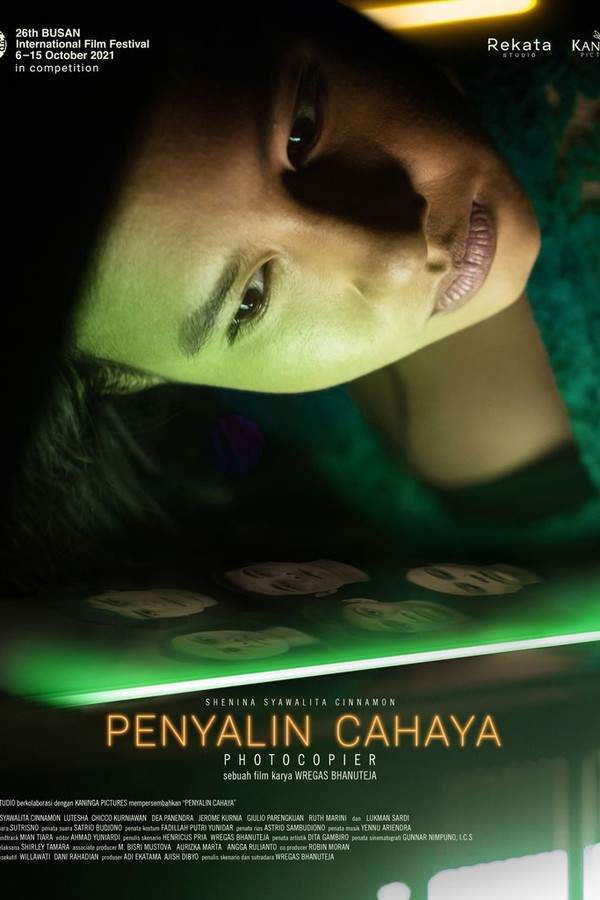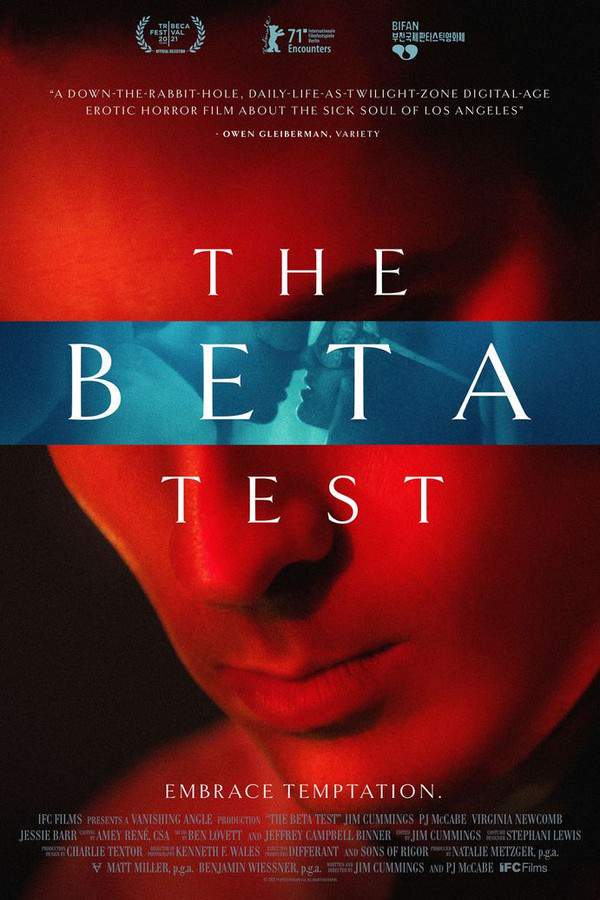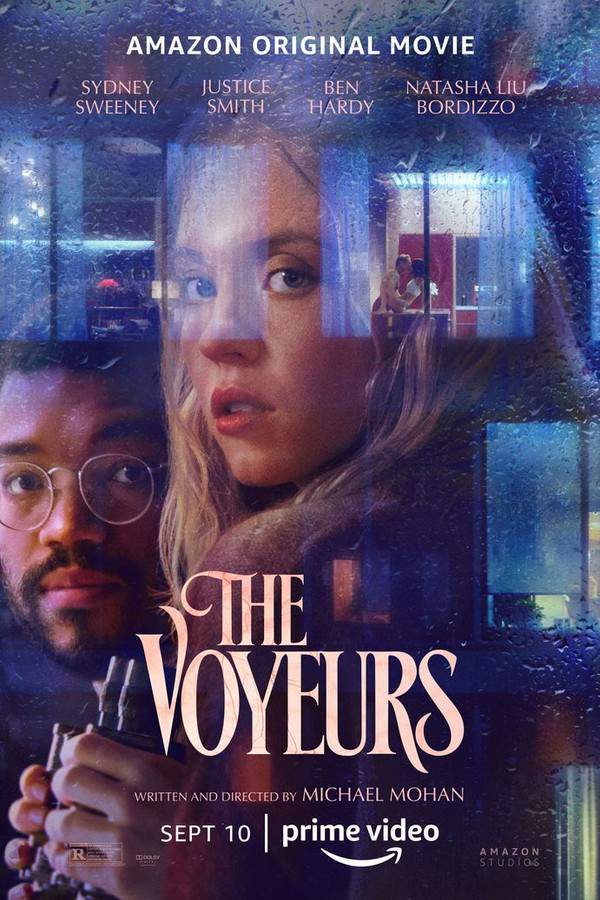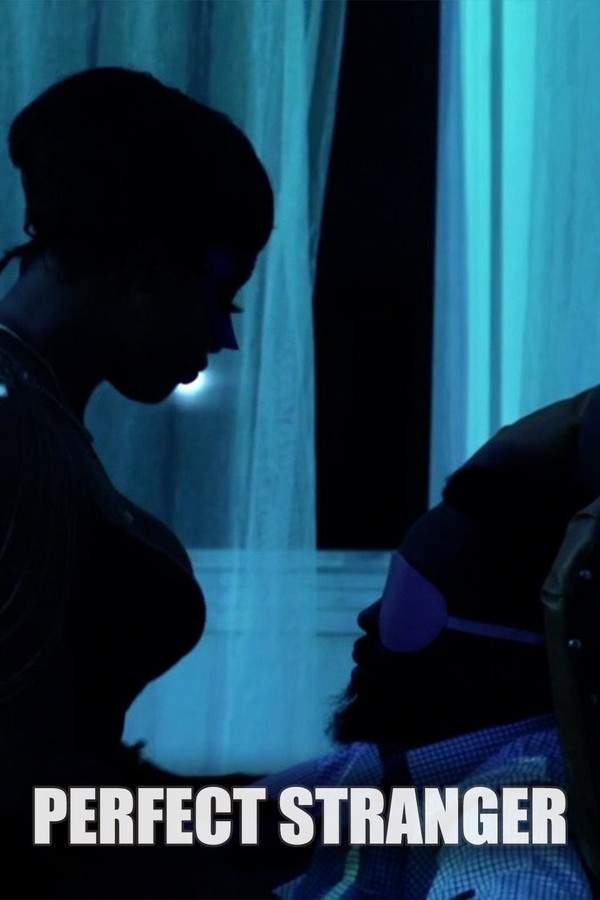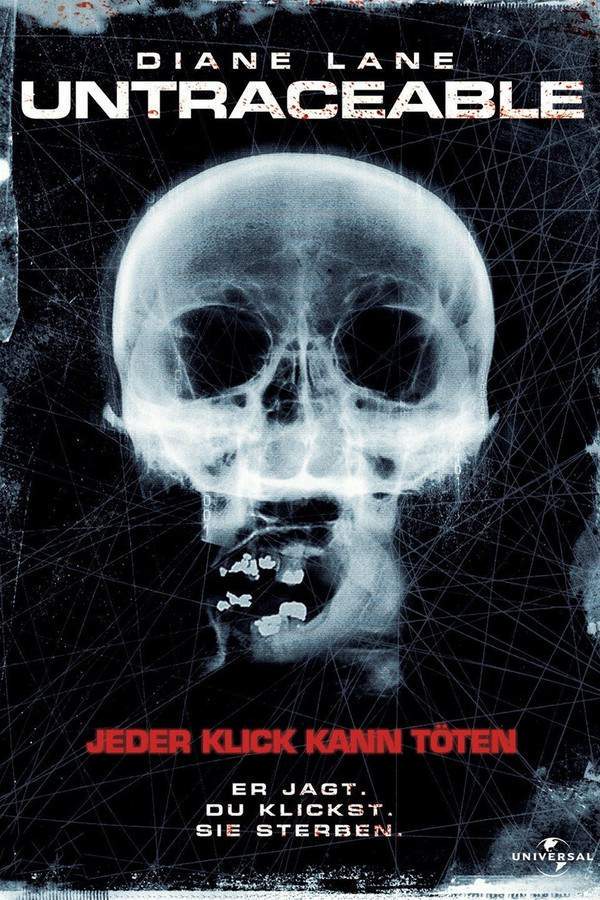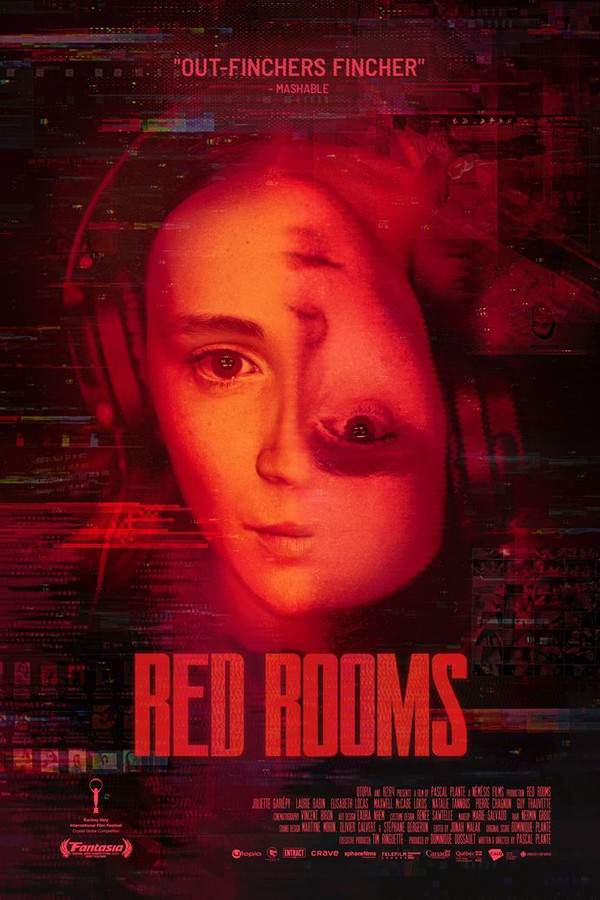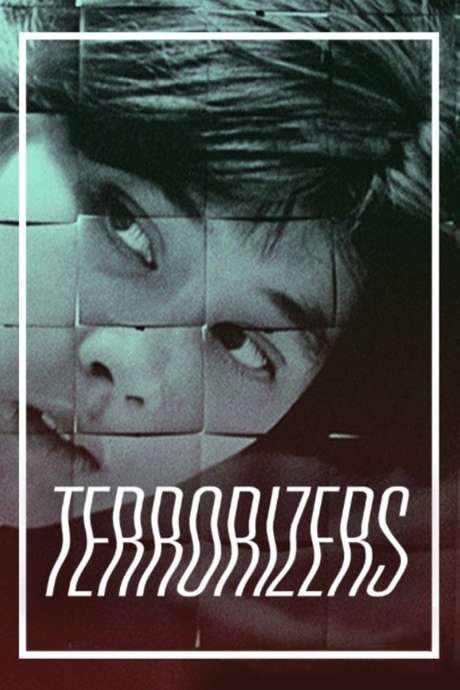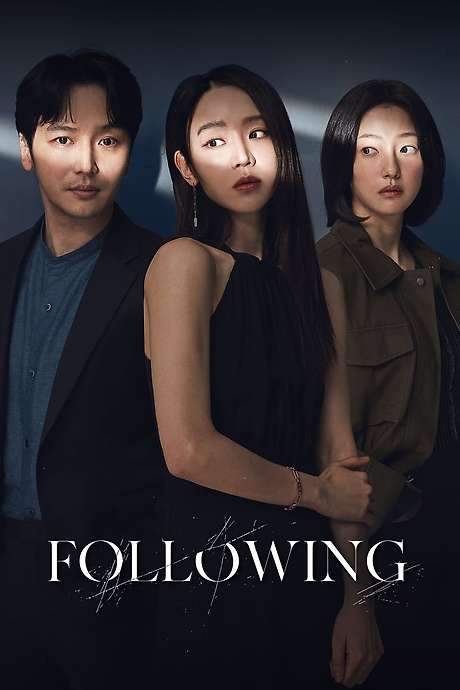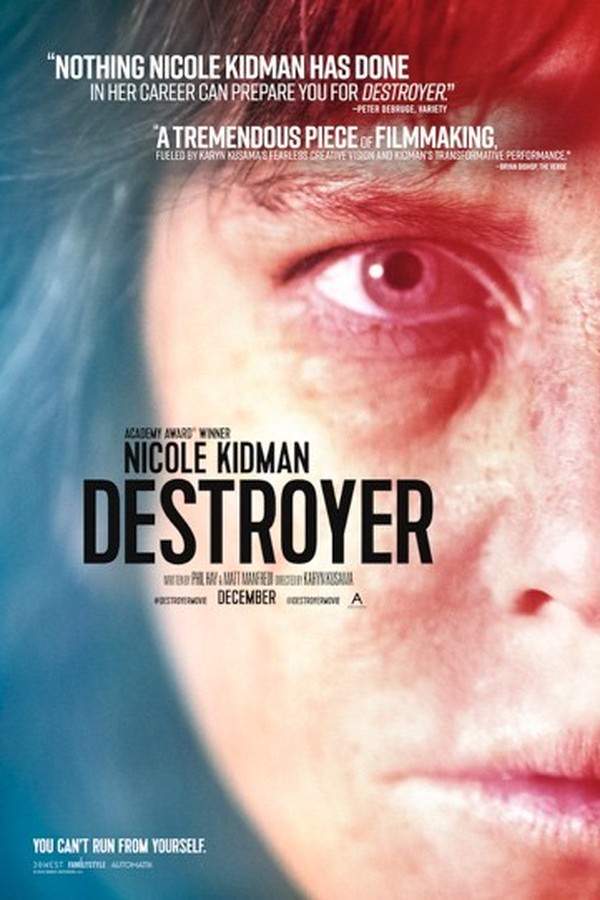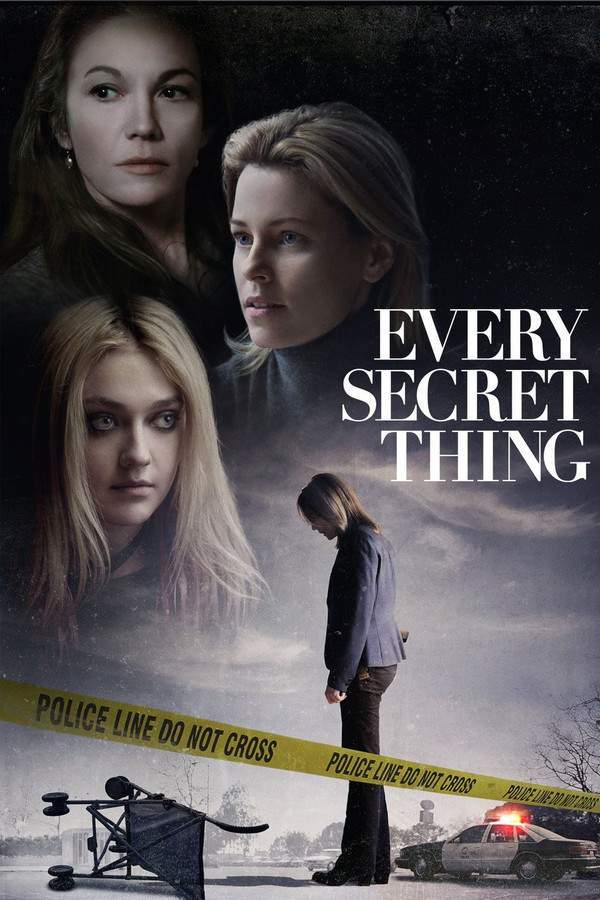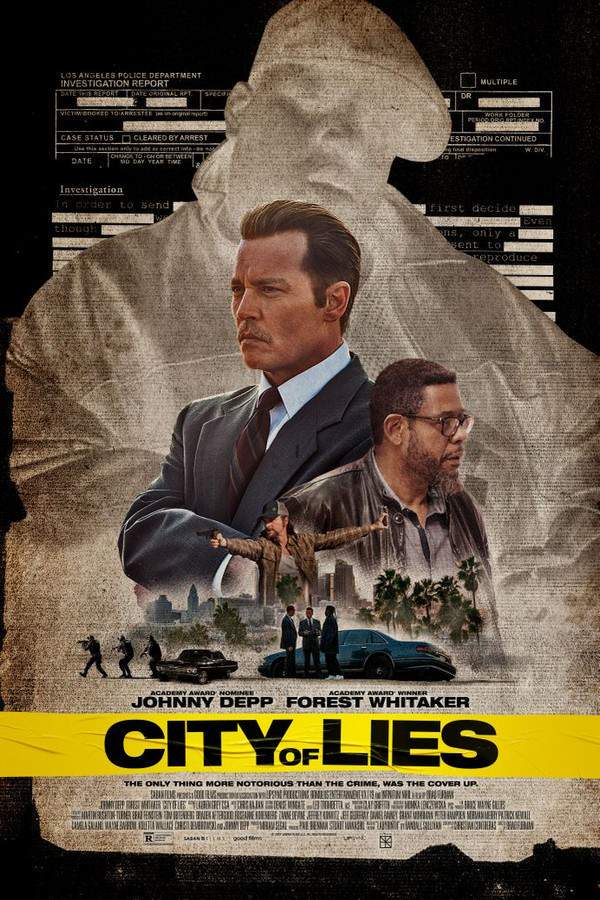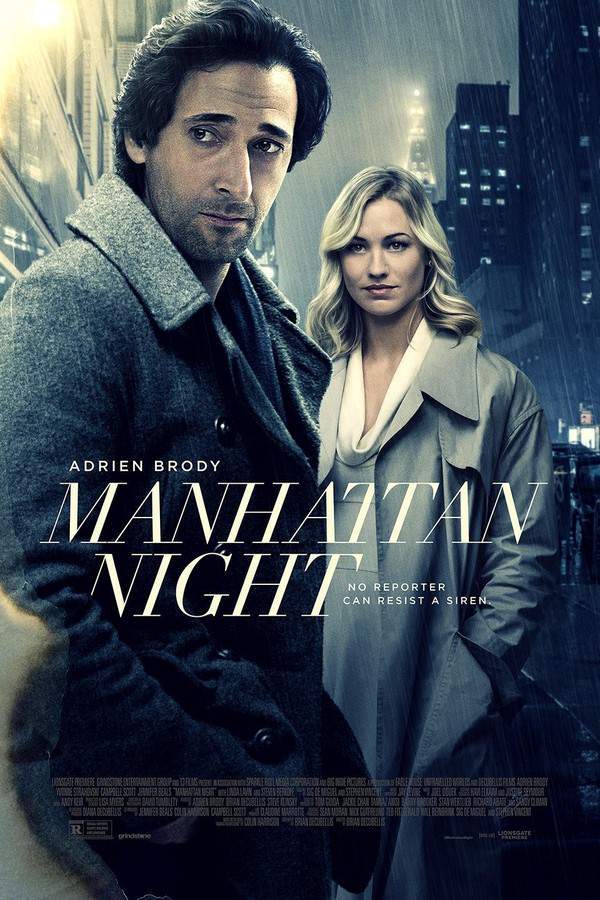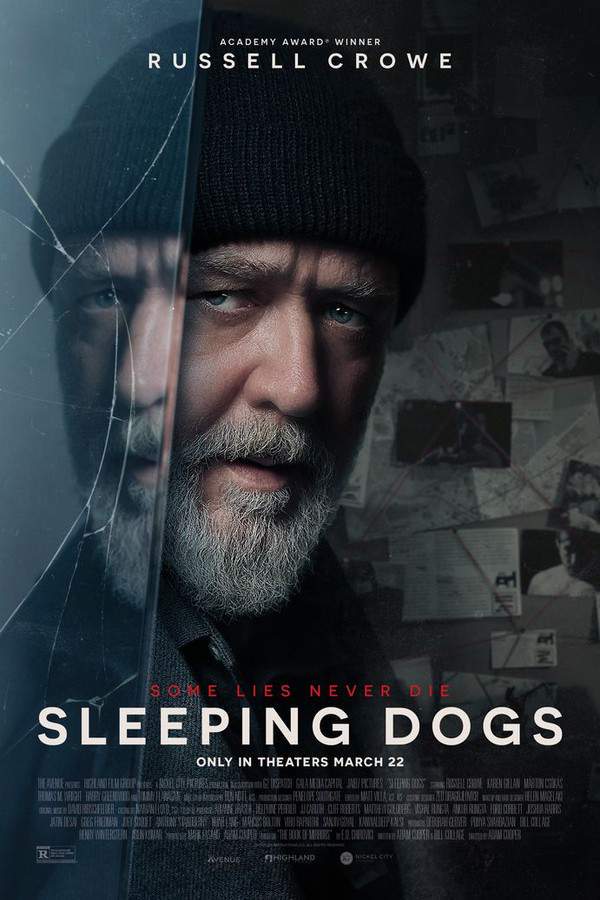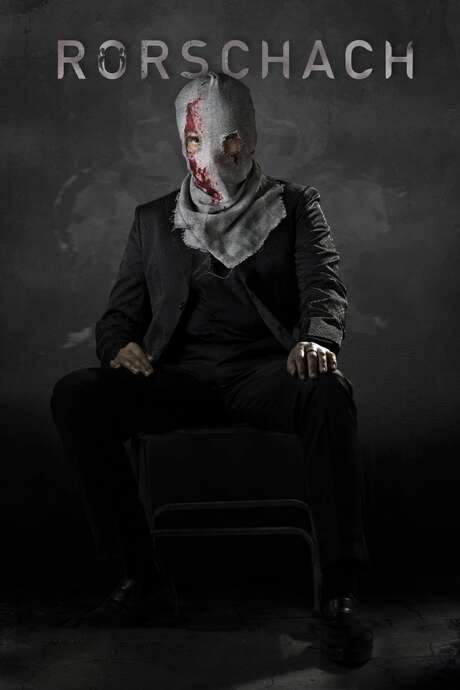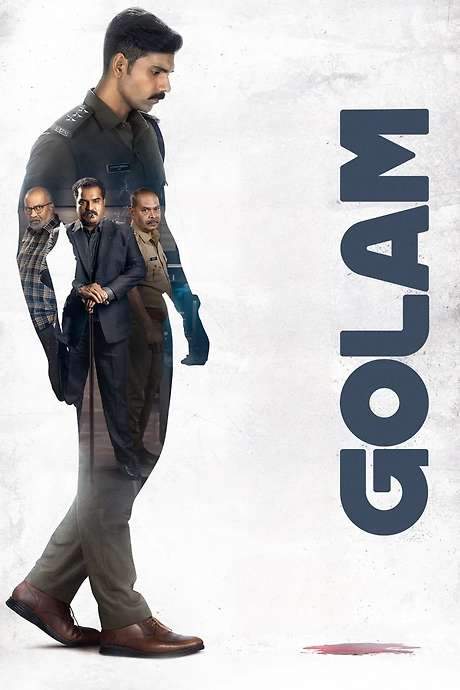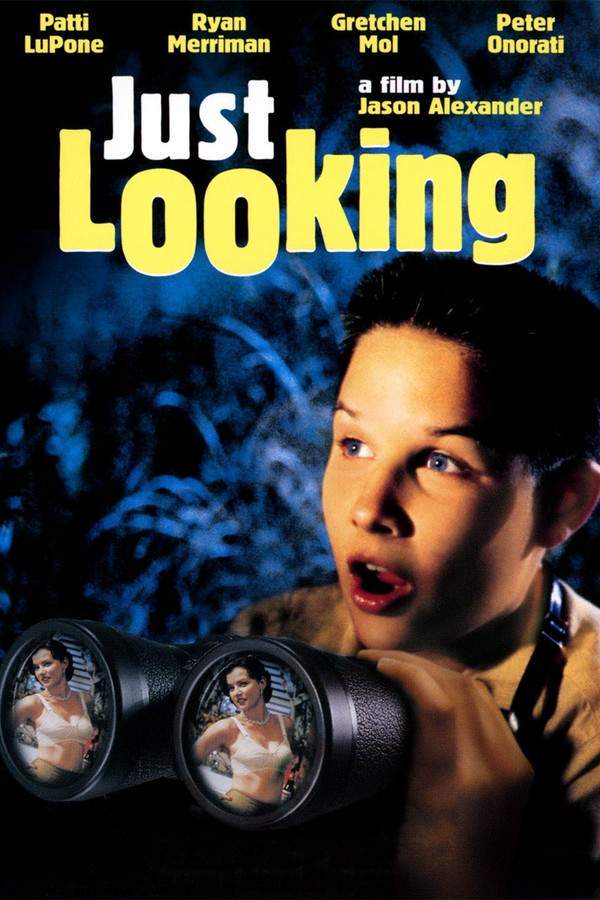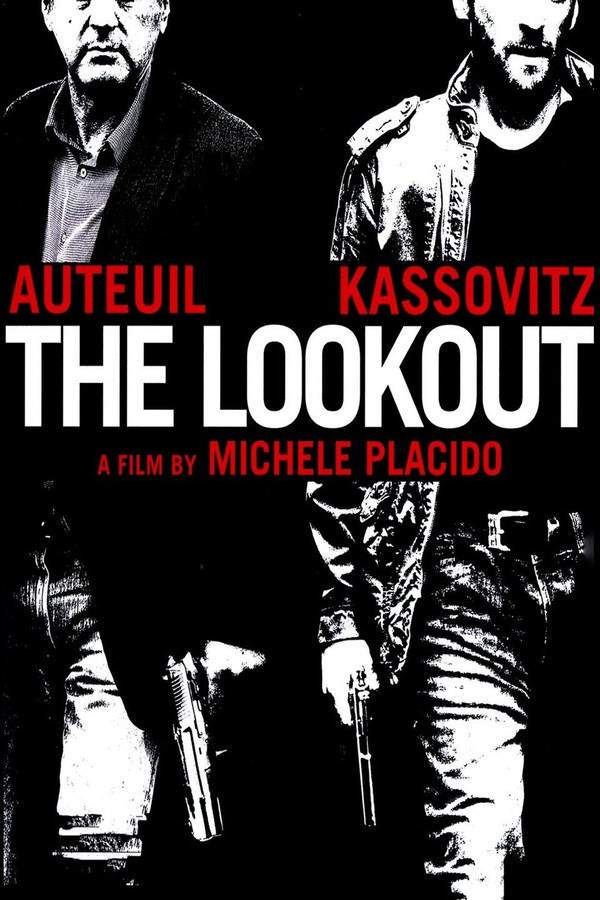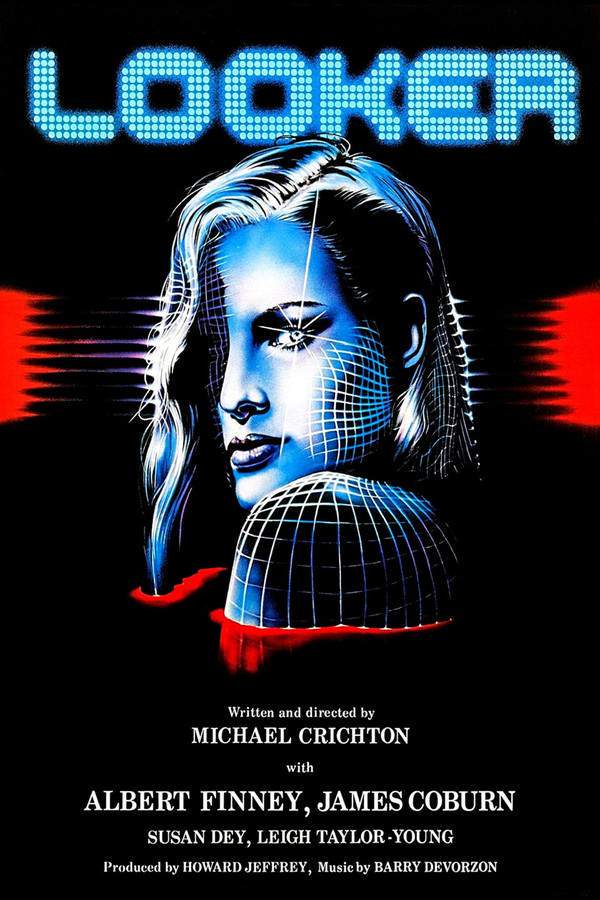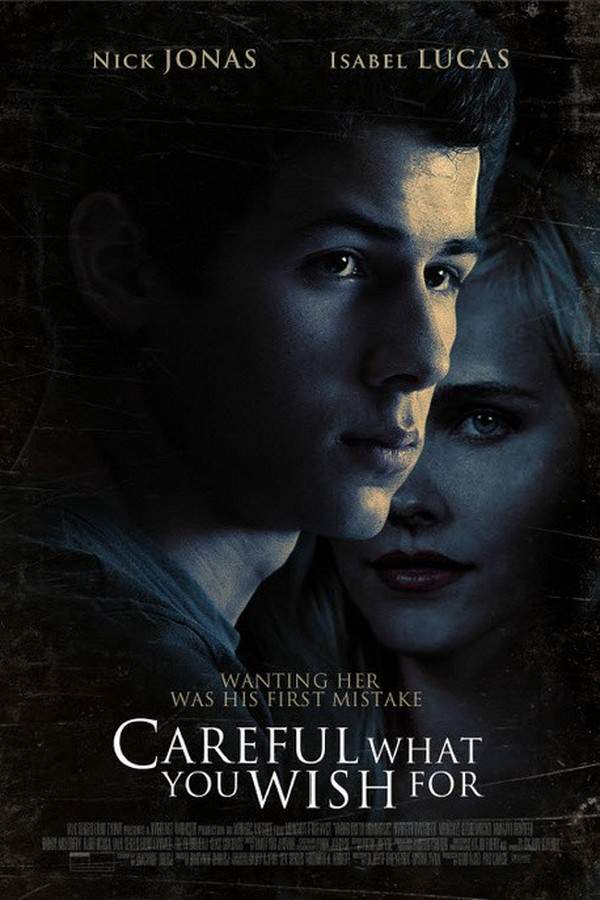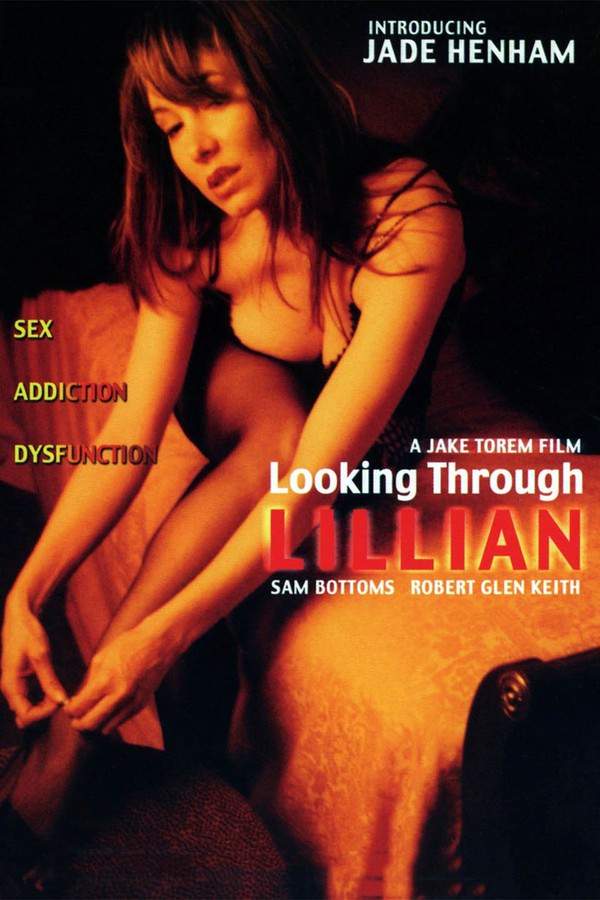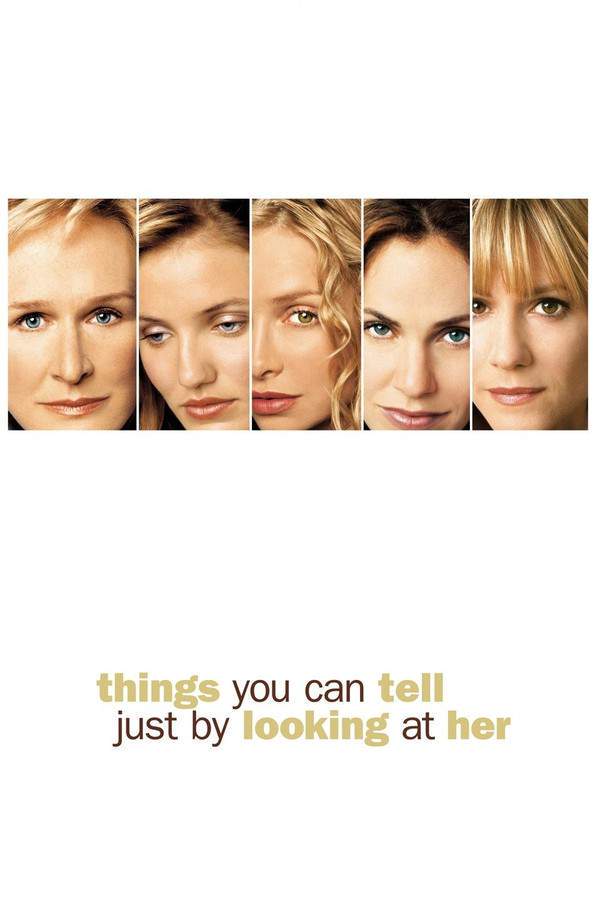
Look
Year: 2007
Runtime: 98 min
Language: English
Director: Adam Rifkin
In a world saturated with surveillance, where privacy seems nonexistent, security cameras capture the secrets of everyday people. The film explores five interconnected narratives, revealing the hidden lives and struggles of individuals including a high-school teacher, a department-store manager, a mini-mart clerk, a lawyer, and a pair of sociopathic brothers. As these stories unfold, the boundaries between truth and lies become increasingly blurred, forcing viewers to question what they see.
Warning: spoilers below!
Haven’t seen Look yet? This summary contains major spoilers. Bookmark the page, watch the movie, and come back for the full breakdown. If you're ready, scroll on and relive the story!
Look (2007) – Full Plot Summary & Ending Explained
Read the complete plot breakdown of Look (2007), including all key story events, major twists, and the ending explained in detail. Discover what really happened—and what it all means.
The film presents a complex tapestry of interconnected stories observed through the unwavering gaze of security cameras, capturing moments from various locations such as a gas station, a high school, a shopping mall, and an office building. Over the course of a single week, the lives of different characters weave in and out of each other’s narratives, revealing both superficial interactions and deep-seated secrets beneath the surface.
One of the central characters is Tony Gilbert, played by Hayes MacArthur. He works as a manager at a housewares store located in a Los Angeles shopping mall. Tony’s behavior is a reflection of unchecked arrogance and inappropriate sexuality; he openly flirts and physically harasses his female colleagues, engaging in multiple sexual encounters with them, including Nichelle Hines’s character Lydia, in the warehouse of the store. Lydia, along with other women such as Courtney (Sarah Jane Morris), is aware of Tony’s predatory tendencies. Courtney, a new employee, immediately recognizes Tony’s history of harassment and warns Lydia, who later advises her to threaten legal action if Tony crosses the line again. Despite his womanizing, Tony’s relationships are marked by manipulation as he attempts to pursue Courtney, who firmly rejects him, citing her previous experience with sexual harassment lawsuits. This subplot underscores themes of power, accountability, and the casual but insidious nature of workplace misconduct.
Meanwhile, Marty, portrayed by Ben Weber, embodies a character plagued by a run of bad luck and social awkwardness. As a nerdy office worker, he becomes the target of relentless pranks—from spiked drinks to tampered car wheels—that push him toward the brink of emotional breakdown. His frustrations grow as his supervisor dismisses his complaints, leaving him feeling increasingly isolated and helpless. Marty’s storyline takes a darker turn when he is revealed to be the pedophile responsible for stalking Megan, a young girl he targets at the mall while wearing a distinctive blue sloush hat. The unsettling discovery unfolds as the police reveal that Marty is the culprit behind the abduction, a revelation that shocks the community and illustrates the peril lurking beneath ordinary facades.
In a more emotionally charged narrative, Ben, played by Paul Shackman, and his wife Louise (Jennifer Fontaine) showcase a family trying to maintain normalcy in a period of crisis. They install surveillance cameras to watch over their young daughter, Megan (Bailee Madison), amidst concerns about safety. The couple’s fears are confirmed when Megan goes missing, and the search unfolds in a desperate attempt to find her. The storyline becomes even more distressing when it’s revealed that Megan was approached and abducted by Marty, the office worker. Parallel to this, Ben secretly maintains a homosexual relationship with George (Chris Williams), a fellow lawyer. Their clandestine affair remains hidden from Louise, adding layers of personal and moral conflict to the story. George’s feelings for Ben are complicated—they still love him but recognize the impossibility of their relationship due to societal and personal constraints.
The movie also explores darker aspects of society, such as the story of Berry Krebbs (Jamie McShane), a high school teacher whose life unravels after an illicit encounter with student Sherri (Spencer Redford). Sherri, a high school student known for her aggressive and manipulative behavior, pretends to develop a romantic interest in Berry, eventually seducing him in his car. This intimate moment leads to legal consequences for Berry, who is arrested on charges of statutory rape after the school’s security footage incriminates him. Her accusations, initially made in earnest, are later revealed to be a manipulative ploy by Sherri, exposing her as a deceitful individual with a disturbing capacity for deception and exploitation.
Additional subplots include violent and sociopathic behavior seen through the pair of men who rob, assault a police officer, and leave a woman trapped in a car trunk in a mall parking lot. These events highlight the dangerous, unpredictable side of urban life. In contrast, an odd, minor story involves a man leaving his college textbooks behind on a bus, which is harmless but emphasizes the film’s focus on seemingly mundane incidents that have darker implications.
Throughout the film, the presence of surveillance reveals the stark contrast between appearances and reality, emphasizing themes of voyeurism, privacy invasion, and societal neglect. The epilogue montage closes the narrative by showing the consequences of the characters’ actions: Joan Krebbs gives birth while Berry remains in prison, Sherri faces expulsion, and the real culprits—the “Candid Camera Killers”—are caught and convicted thanks to community efforts. Meanwhile, Willie and Carl receive recognition for their crucial tip that led to the arrest of the killers, illustrating how even small acts of vigilance can have profound effects.
The story concludes with the unsettling reality that the house of cards built on secrets, lies, and violence continues to turn. Tony, oblivious to his own addiction, is shown happily at a drive-thru with his family, exemplifying societal ignorance. George is seen scouting for potential new connections at a gym, still unresolved in his emotional turmoil. The ominous footage of the dead woman in the trunk, along with Marty’s continued presence at work, underscores the persistence of danger and darkness lurking beneath everyday life. The closing scene, with a police officer approaching Marty—who comfortably returns to his routine—mockingly reminds viewers that evil often remains hidden in plain sight, waiting patiently in the shadows as surveillance cameras catch every fleeting moment.
Last Updated: July 24, 2025 at 08:18
Explore Movie Threads
Discover curated groups of movies connected by mood, themes, and story style. Browse collections built around emotion, atmosphere, and narrative focus to easily find films that match what you feel like watching right now.
Paranoid Surveillance Thrillers like Look
Unsettling stories where technology exposes the darkness in everyday life.If you liked the unnerving, voyeuristic tension of Look, these movies explore the dark side of being watched. Find similar thrillers and dramas where cameras, data, and observation expose the grim secrets hidden within society, creating an anxious and thought-provoking experience.
Narrative Summary
These narratives often unfold through the unblinking eye of a technological or systemic observer, revealing interconnected stories of deception, violence, and moral compromise. The plot structure emphasizes the disconnect between public facades and private transgressions, building tension as characters' hidden lives are exposed.
Why These Movies?
Movies in this thread share a core theme of observation leading to the discovery of disturbing truths. They create a specific, paranoid mood by making the audience complicit in the act of watching, and deliver a heavy emotional impact through bleak revelations about human nature.
Dark Multi-Narrative Movies like Look
Bleak tales where separate lives collide under a grim thematic umbrella.Fans of Look's complex, interwoven stories will appreciate these films. Discover similar dramas and thrillers where separate, grim narratives collide, exploring heavy themes and creating a powerful, unsettling whole from the sum of its dark parts.
Narrative Summary
The narrative pattern involves several distinct character arcs that initially appear separate but gradually reveal deeper connections through a unifying dark theme—such as violence, deception, or systemic oppression. The journey is one of escalating dread as these individual paths inevitably converge or reflect each other.
Why These Movies?
These films are grouped by their complex structure and bleak thematic focus. They share a specific pacing that alternates between character moments and shocking incidents, building towards a mixed or downbeat ending that emphasizes the heavy emotional weight of the interconnected stories.
Unlock the Full Story of Look
Don't stop at just watching — explore Look in full detail. From the complete plot summary and scene-by-scene timeline to character breakdowns, thematic analysis, and a deep dive into the ending — every page helps you truly understand what Look is all about. Plus, discover what's next after the movie.
Look Timeline
Track the full timeline of Look with every major event arranged chronologically. Perfect for decoding non-linear storytelling, flashbacks, or parallel narratives with a clear scene-by-scene breakdown.

Characters, Settings & Themes in Look
Discover the characters, locations, and core themes that shape Look. Get insights into symbolic elements, setting significance, and deeper narrative meaning — ideal for thematic analysis and movie breakdowns.

Look Spoiler-Free Summary
Get a quick, spoiler-free overview of Look that covers the main plot points and key details without revealing any major twists or spoilers. Perfect for those who want to know what to expect before diving in.

More About Look
Visit What's After the Movie to explore more about Look: box office results, cast and crew info, production details, post-credit scenes, and external links — all in one place for movie fans and researchers.

Similar Movies to Look
Discover movies like Look that share similar genres, themes, and storytelling elements. Whether you’re drawn to the atmosphere, character arcs, or plot structure, these curated recommendations will help you explore more films you’ll love.
Explore More About Movie Look
Look (2007) Scene-by-Scene Movie Timeline
Look (2007) Movie Characters, Themes & Settings
Look (2007) Spoiler-Free Summary & Key Flow
Movies Like Look – Similar Titles You’ll Enjoy
Just Looking (2000) Ending Explained & Film Insights
The Voyeurs (2021) Full Summary & Key Details
The Lookout (2007) Film Overview & Timeline
Looker (1981) Story Summary & Characters
Careful What You Wish For (2016) Ending Explained & Film Insights
Looking Through Lillian (2002) Ending Explained & Film Insights
Things You Can Tell Just by Looking at Her (2000) Movie Recap & Themes
Girls on Film (2023) Full Movie Breakdown
Voyeur Confessions (2001) Full Summary & Key Details
Watchful Eye (2002) Complete Plot Breakdown
Bedroom Eyes (1984) Detailed Story Recap
If Looks Could Kill (1986) Film Overview & Timeline
Looks Can Kill (2022) Film Overview & Timeline
Killer Looks (1994) Story Summary & Characters
Watch Me (1995) Detailed Story Recap

